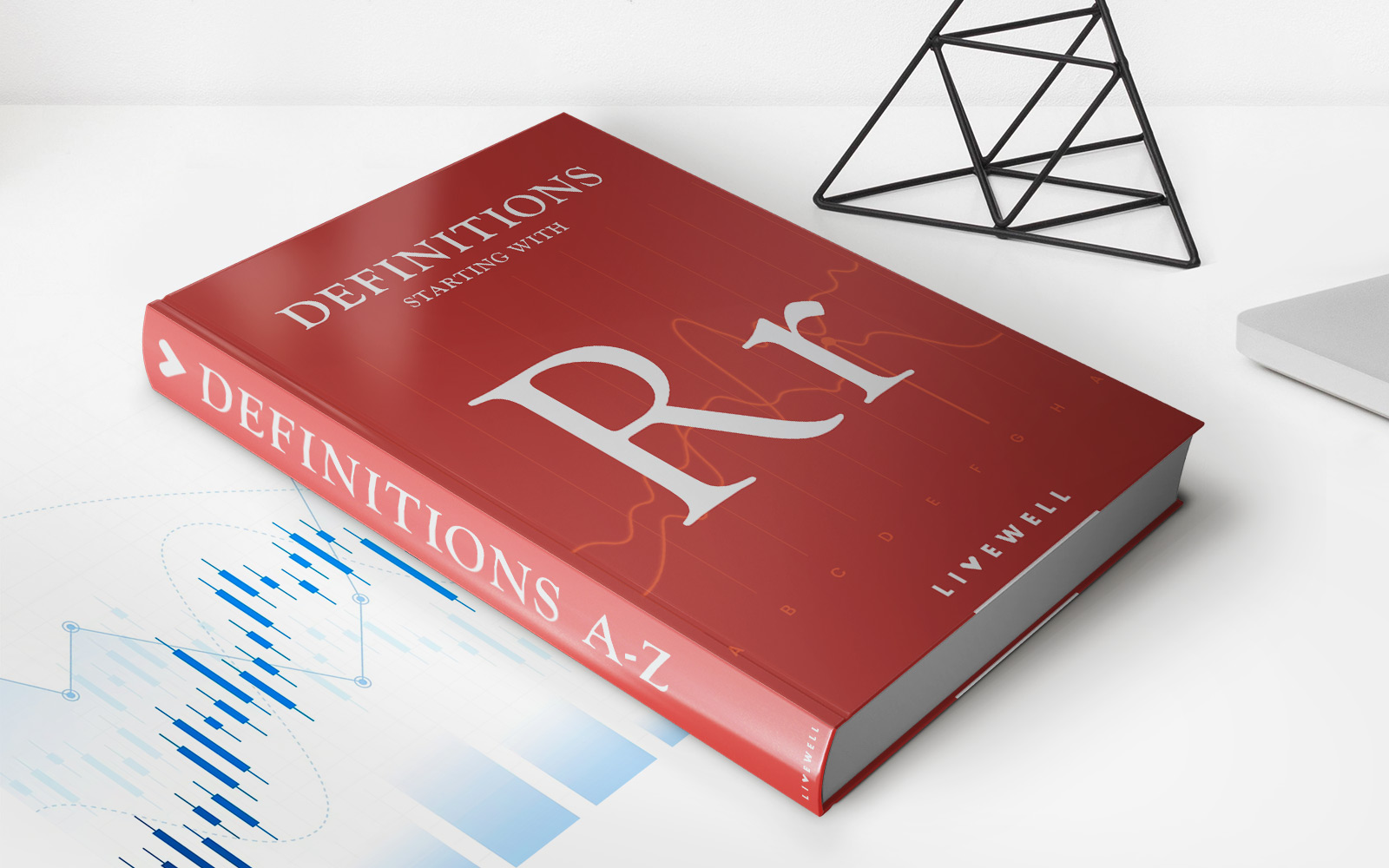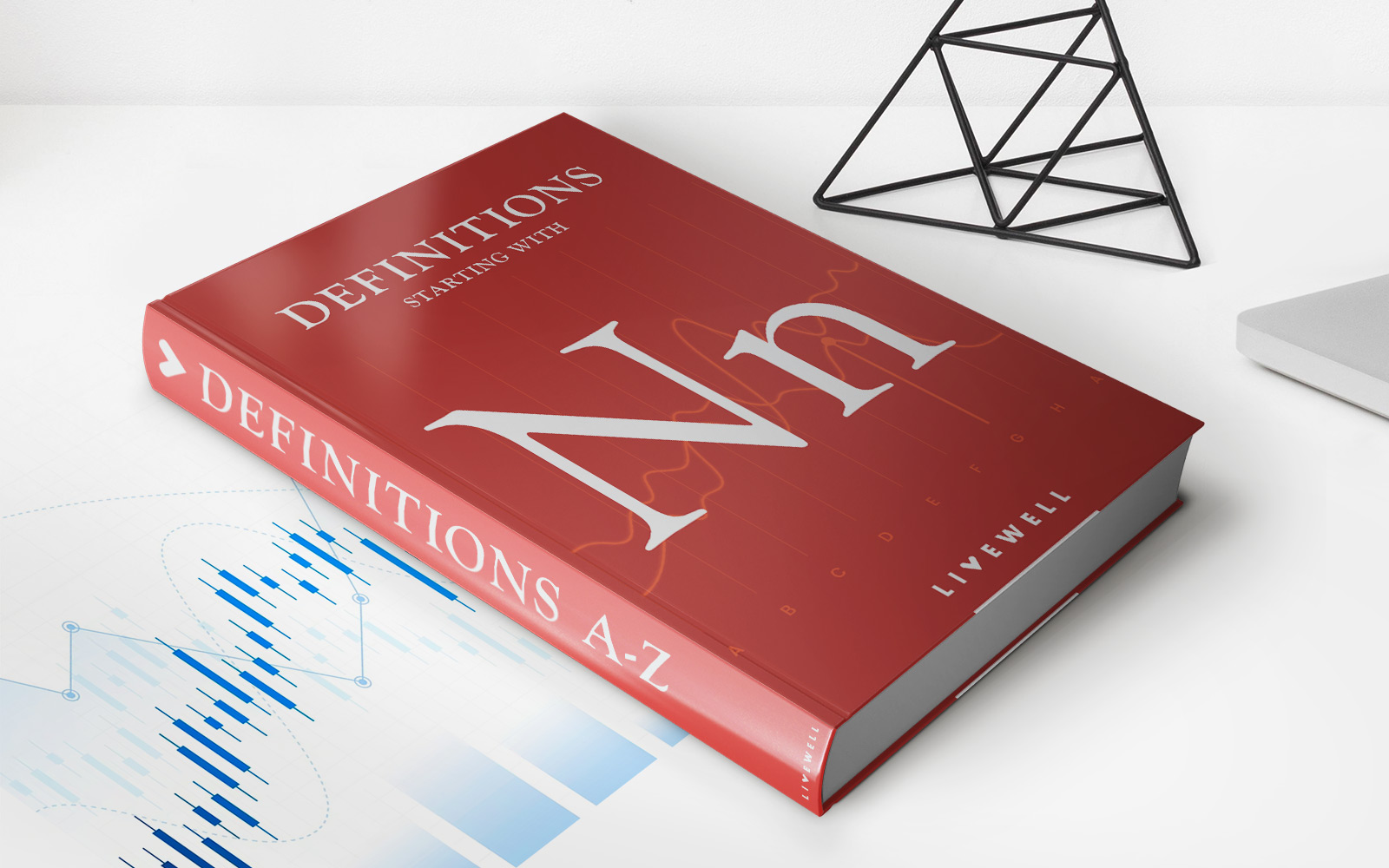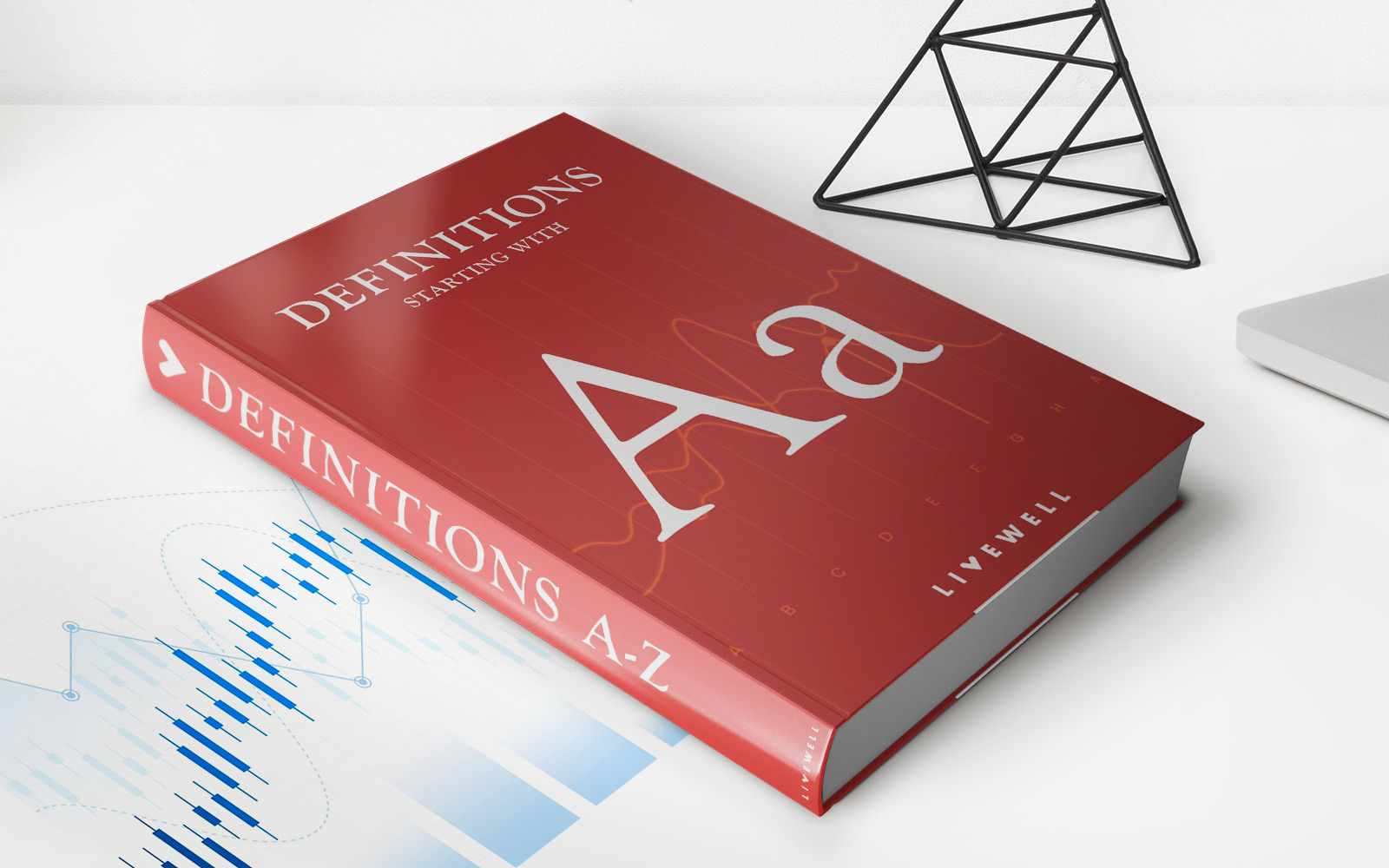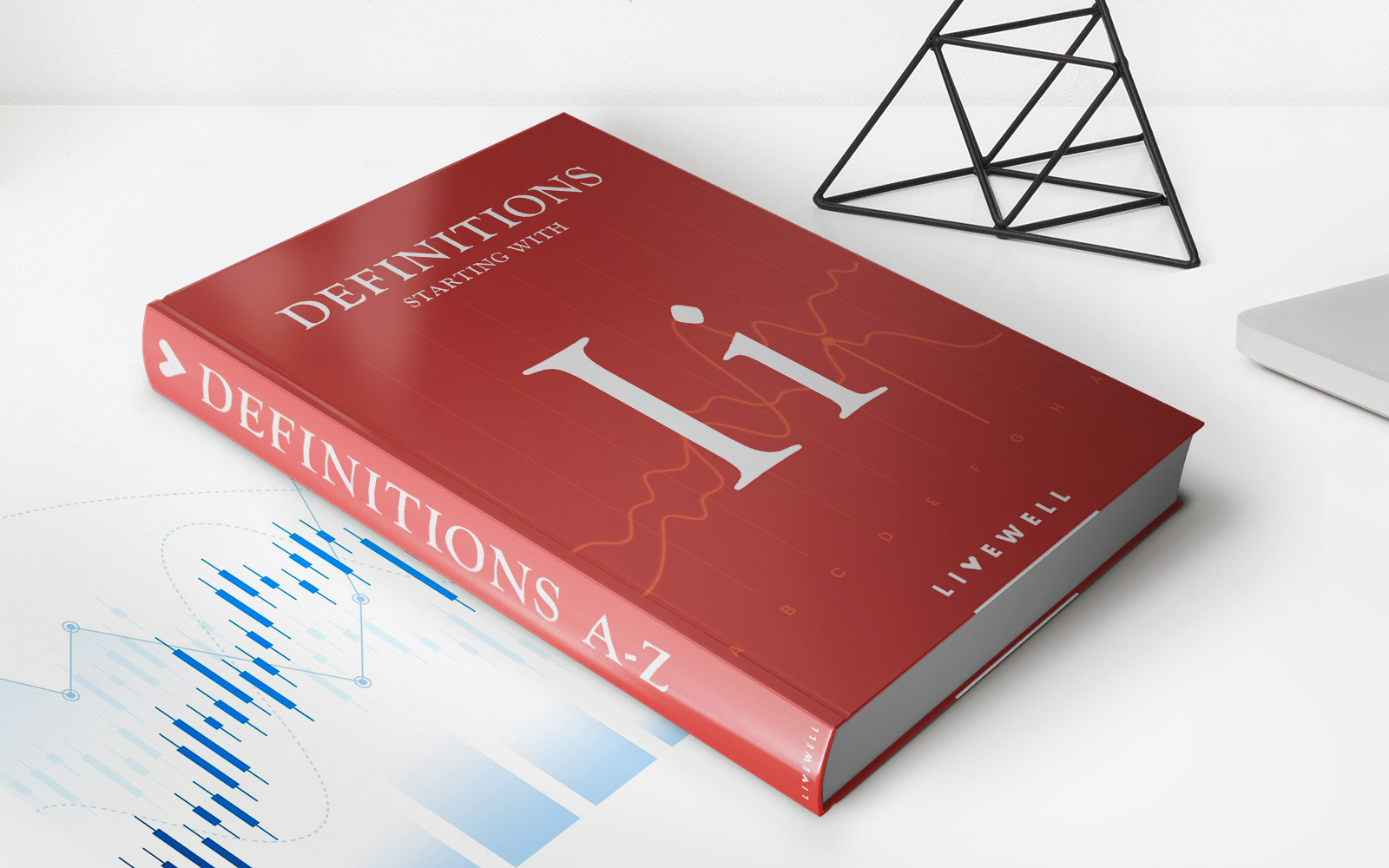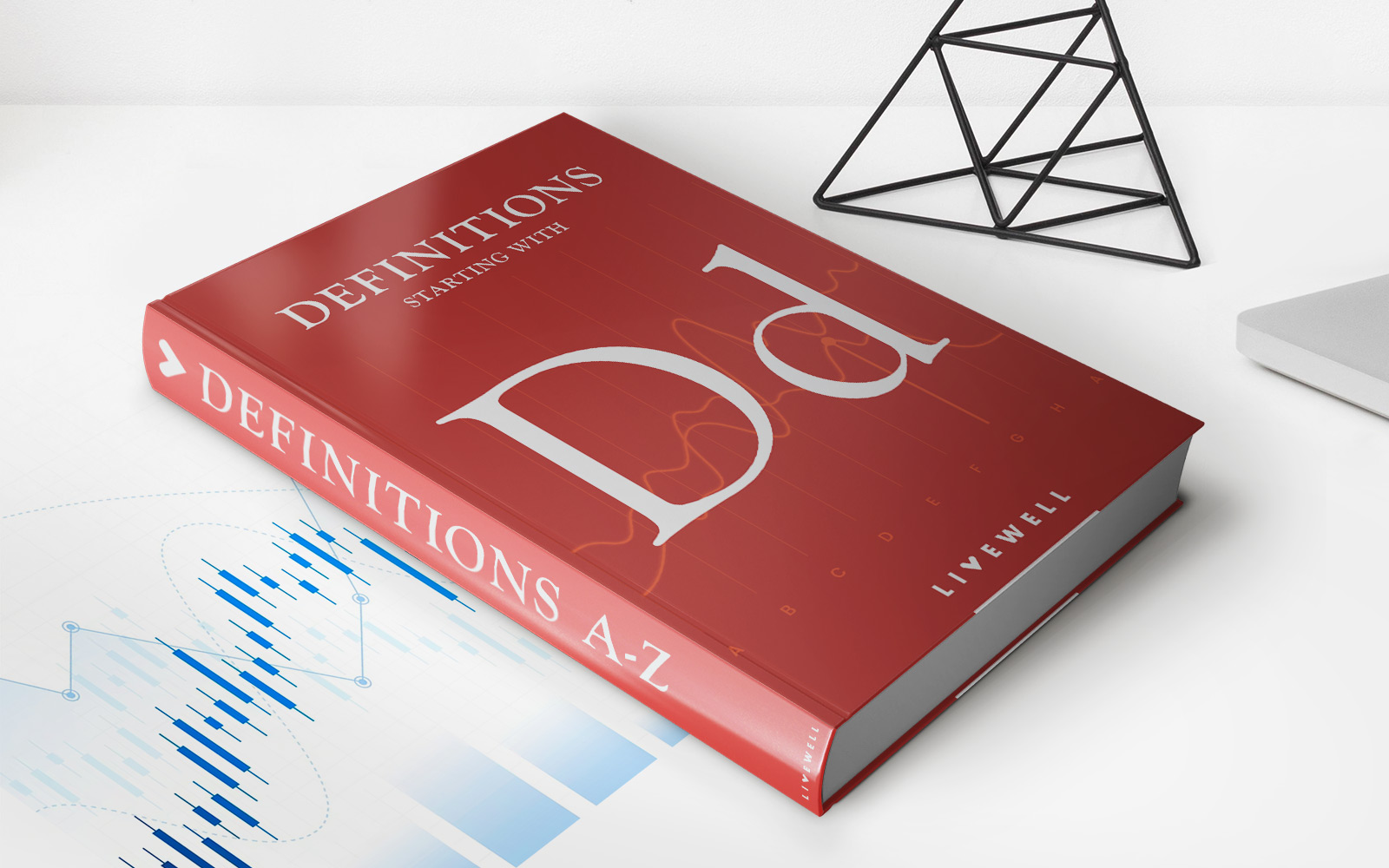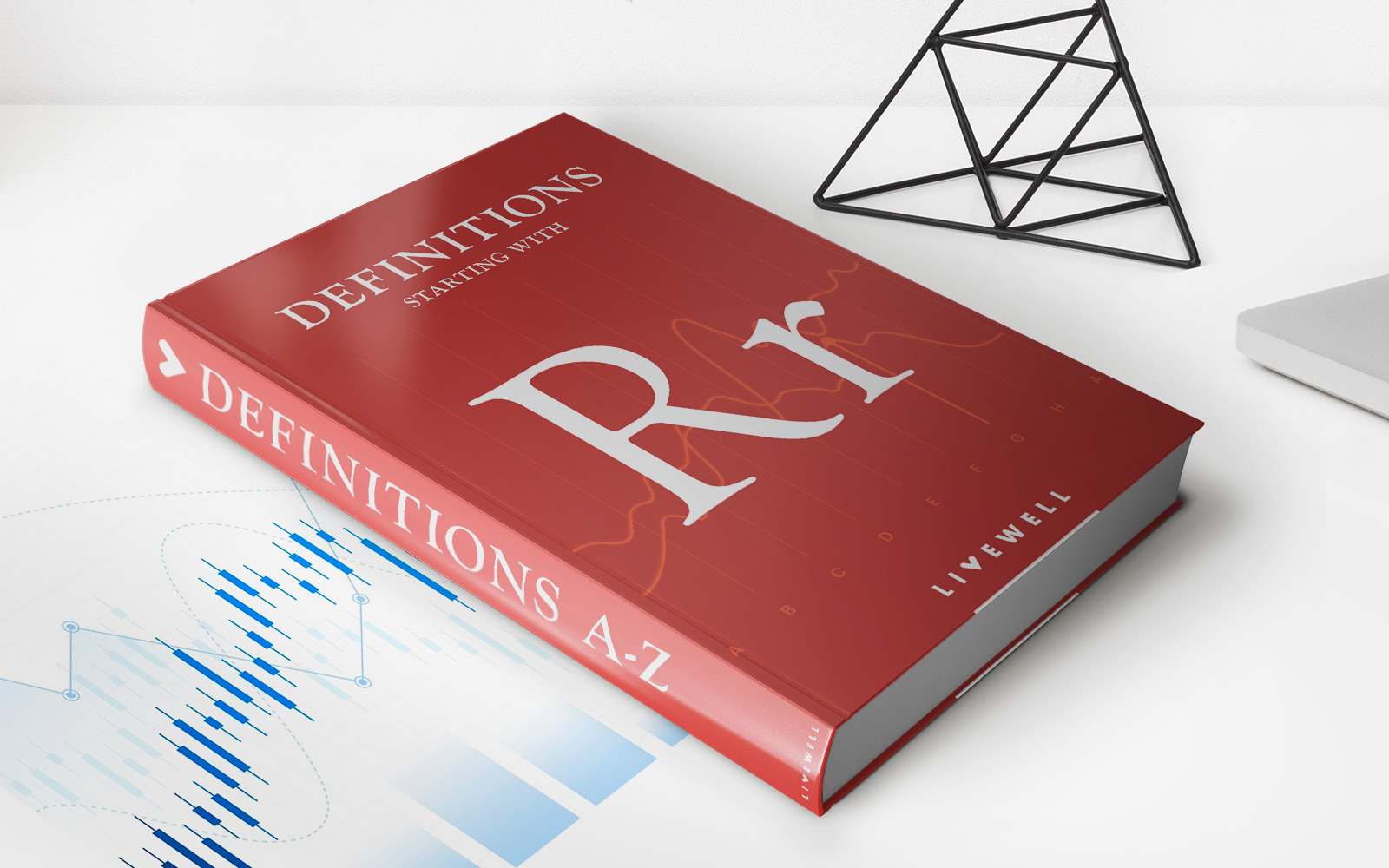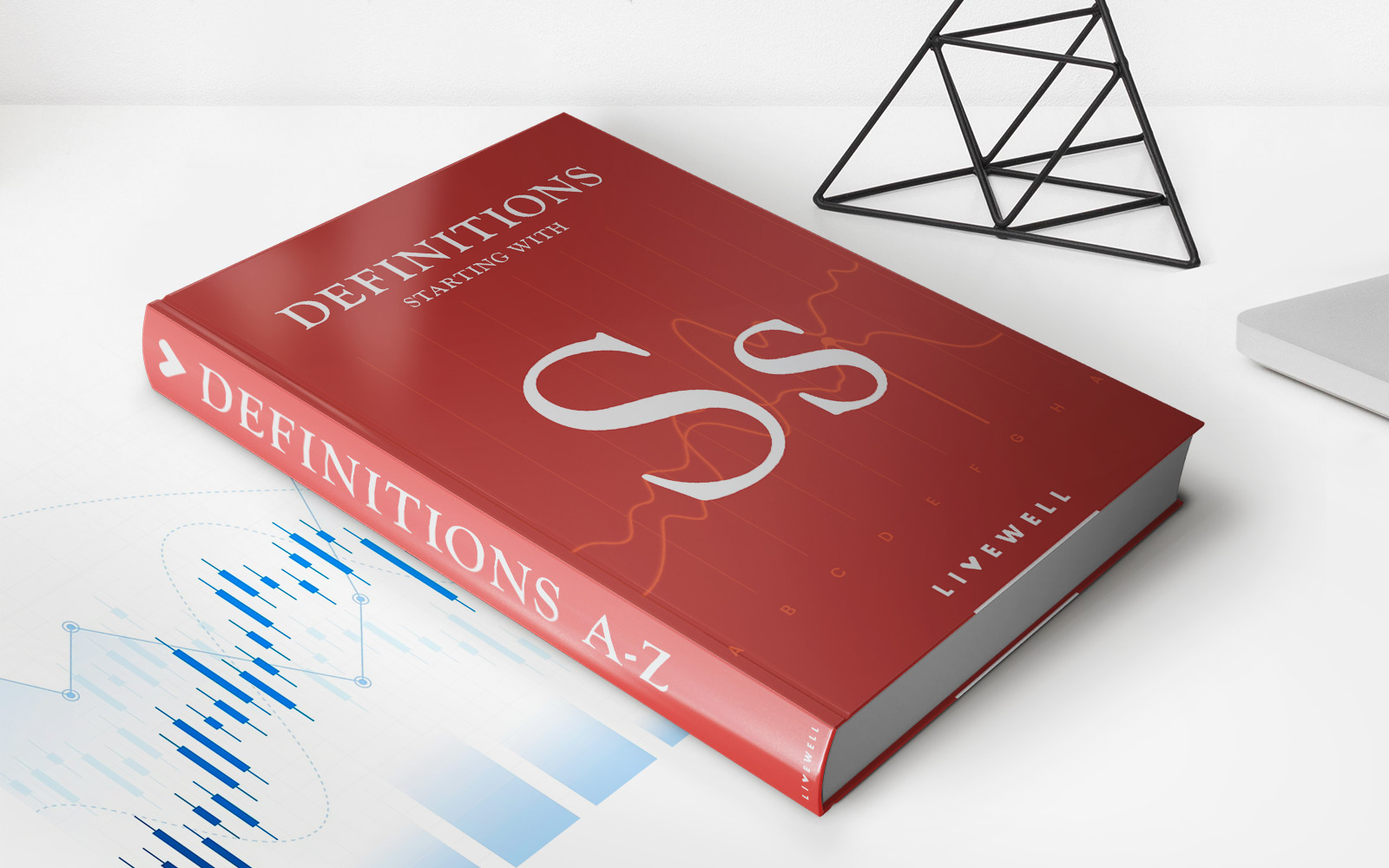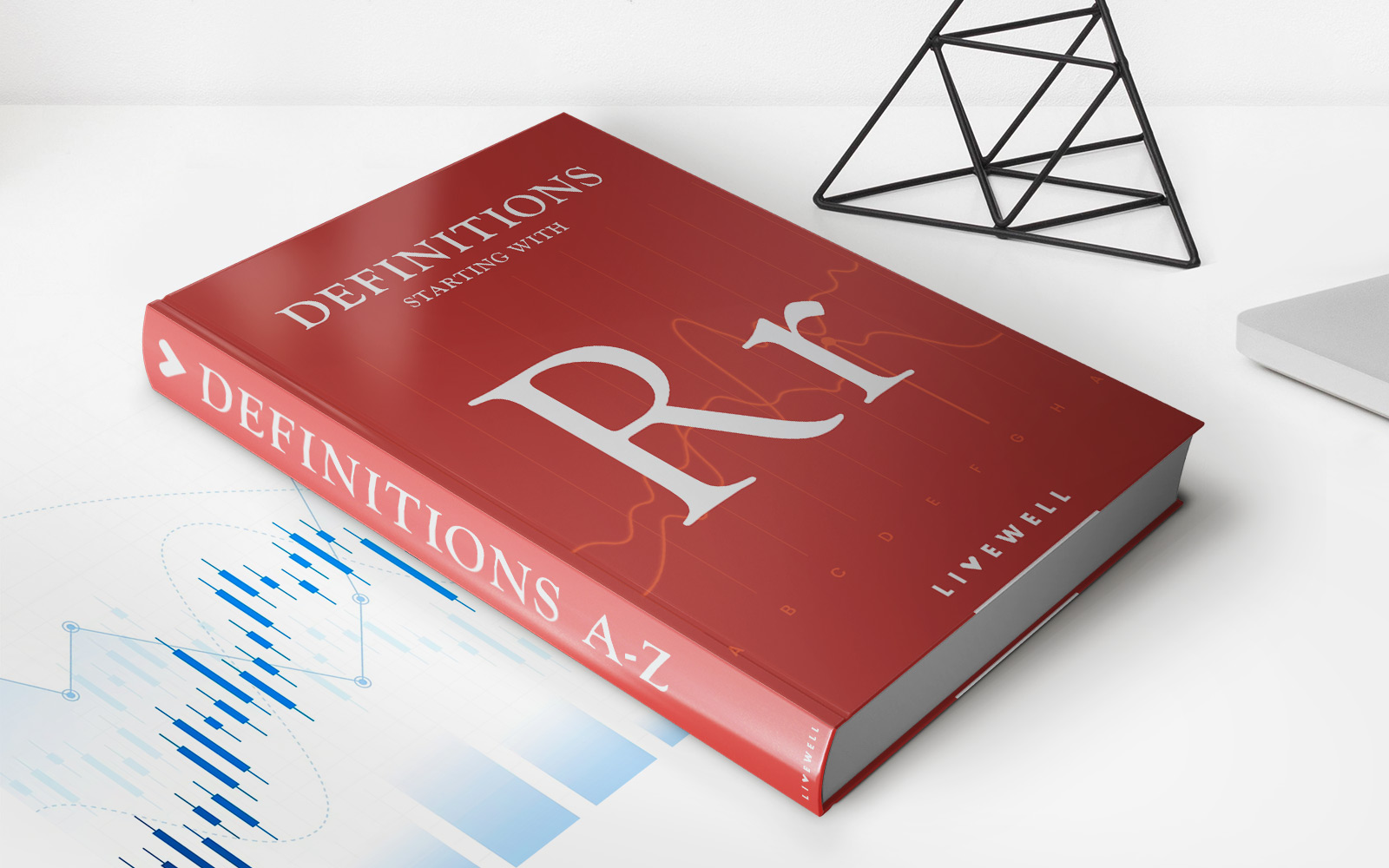

Finance
Rollover Credit Definition
Published: January 22, 2024
Learn about the definition and importance of rollover credit in finance. Discover how it can benefit your financial strategies and grow your wealth.
(Many of the links in this article redirect to a specific reviewed product. Your purchase of these products through affiliate links helps to generate commission for LiveWell, at no extra cost. Learn more)
Understanding Rollover Credit: Unlocking Financial Opportunities
Welcome to the fascinating world of finance, where individuals and businesses explore various strategies to maximize their financial growth. Today, we will shed light on an essential concept in this realm – rollover credit. In this blog post, we will delve into the definition of rollover credit, its benefits, and how it can be utilized to unlock financial opportunities.
Key Takeaways:
- Rollover credit is a financial concept that allows individuals and businesses to transfer outstanding debt from one account or loan to another.
- It can help in consolidating debts, reducing interest rates, and extending repayment periods.
Now, let’s dive deeper into the world of rollover credit and uncover its potential.
What is Rollover Credit?
Rollover credit refers to the process of transferring outstanding debt from one account or loan to another, often with a more favorable deal. It enables individuals and businesses to take advantage of better interest rates, extended repayment periods, or other benefits offered by a new creditor. Essentially, it allows borrowers to refinance their existing debt to optimize their financial situation.
Imagine you have an outstanding loan with a high-interest rate. By utilizing rollover credit, you can transfer that debt to a new lender who offers a lower interest rate. This can potentially save you a significant amount of money over the course of the loan.
Benefits of Rollover Credit
Rollover credit offers several potential benefits for borrowers. Here are a few key advantages:
- Consolidating Debts: Rollover credit can be used to combine multiple debts, such as credit card balances or personal loans, into a single account or loan. This simplifies the repayment process by consolidating all debts into one manageable monthly payment.
- Reduced Interest Rates: By transferring your debt to a new lender with a lower interest rate, you can potentially reduce the amount of interest you have to pay over time. This can save you money and help you pay off your debt more quickly.
- Extended Repayment Periods: Rollover credit can also allow borrowers to extend the repayment period of their debt. This can help alleviate financial strain by reducing the monthly payment amount, making it more manageable and freeing up cash flow.
- Improved Financial Flexibility: Utilizing rollover credit gives borrowers the opportunity to restructure their debts to best suit their financial goals and circumstances. It can provide greater flexibility in managing debt and optimizing financial strategies.
In Conclusion
Rollover credit is a powerful tool that allows individuals and businesses to optimize their financial situations by transferring outstanding debt to a new lender. Whether it’s consolidating multiple debts, lowering interest rates, or extending repayment periods, this concept offers a range of benefits. By understanding the definition and potential advantages of rollover credit, you can unlock valuable financial opportunities and take control of your financial journey. So, embrace the possibilities, explore the options, and make informed decisions to optimize your financial future.
